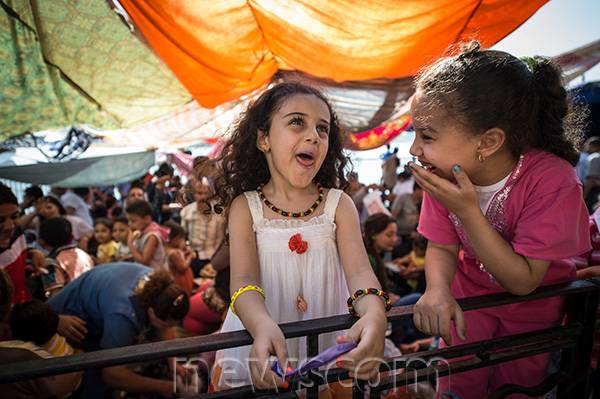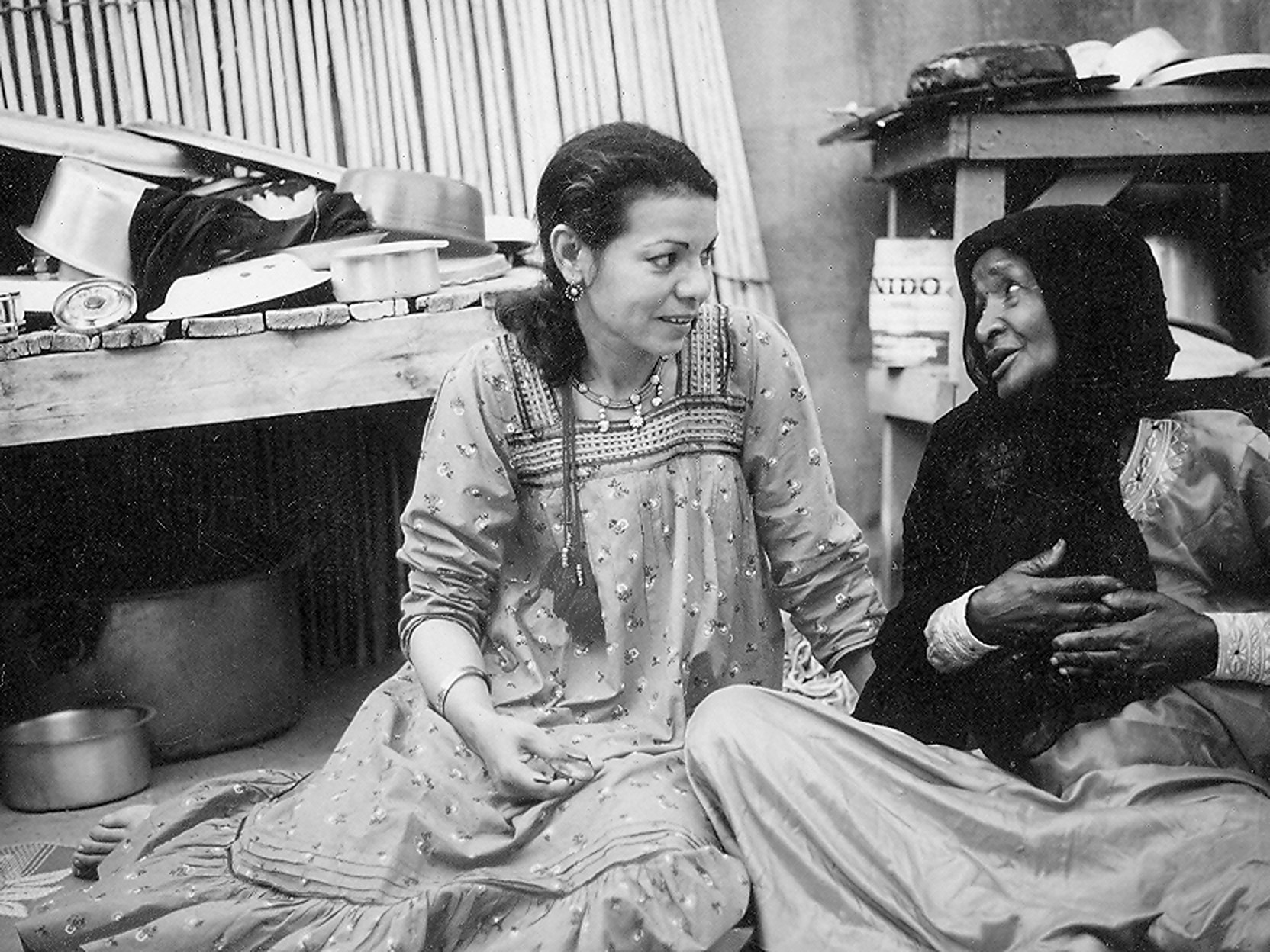Egypt’s Salafists have released a ‘Dawah’ (guideline) that has declared celebrating Easter and Sham El-Nessim as prohibited for Muslims. Released to members of the Salafist Call, the pamphlet states that going to parks, paintings eggs, eating feseesk (an Egyptian delicacy consumed during Sham El-Nessim) and other holiday-related activities are prohibited, reported independent Arabic newspaper Al-Masry Al-Youm. According to AMAY, Salafist Call’s Yasser Borhamy had previously issued a fatwa prohibiting the eating of feseekh (salted fish) on the day as it acknowledges the Ancient Egyptian and Christians’ feasts. The Salafist Call believes that Muslims should only celebrate Eid and are prohibited from acknowledging the holidays of other faiths. What is Sham El-Nessim? Sham El-Nessim (Smelling of the Zephyr) has been celebrated in Egypt as early as 4,500 years ago. The national holiday marks the beginning of spring and falls on the Monday after the Coptic Easter. The name of the holiday comes from the Ancient Egyptian name of the harvest season that was called “Shamo” (renewal of life). The feast of Shamo was first celebrated in 2700 BC. On the day, Ancient Egyptians would feast at the foot of the Great Pyramid and…
Salafists Say Celebrating Easter, Sham El-Nessim Is Forbidden For Muslims
April 12, 2015




